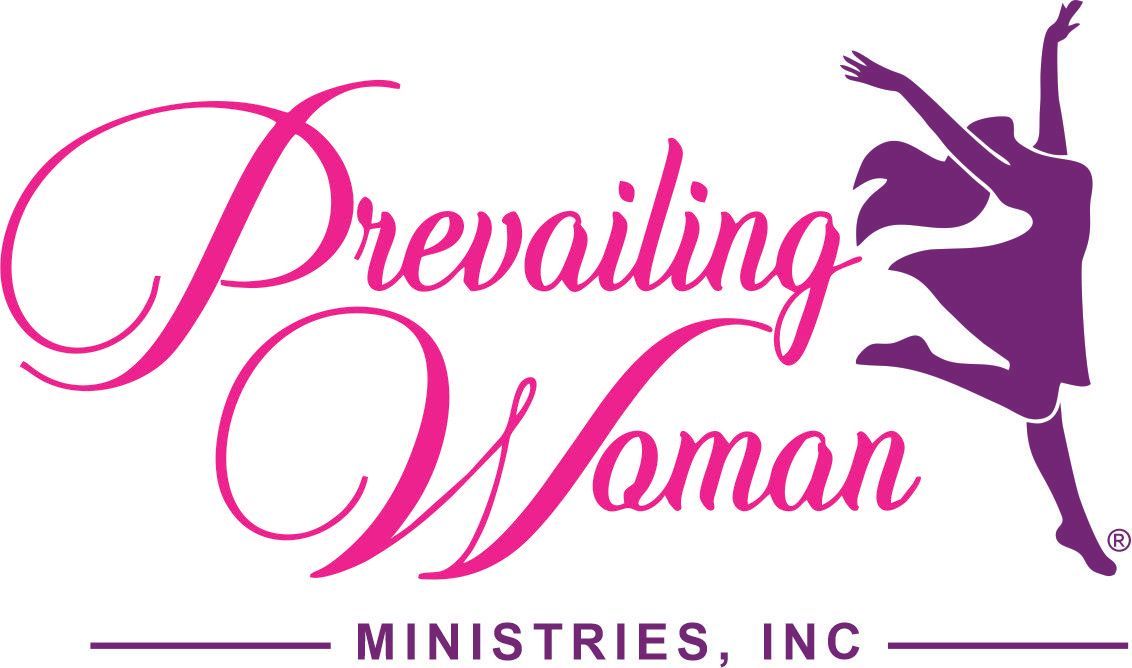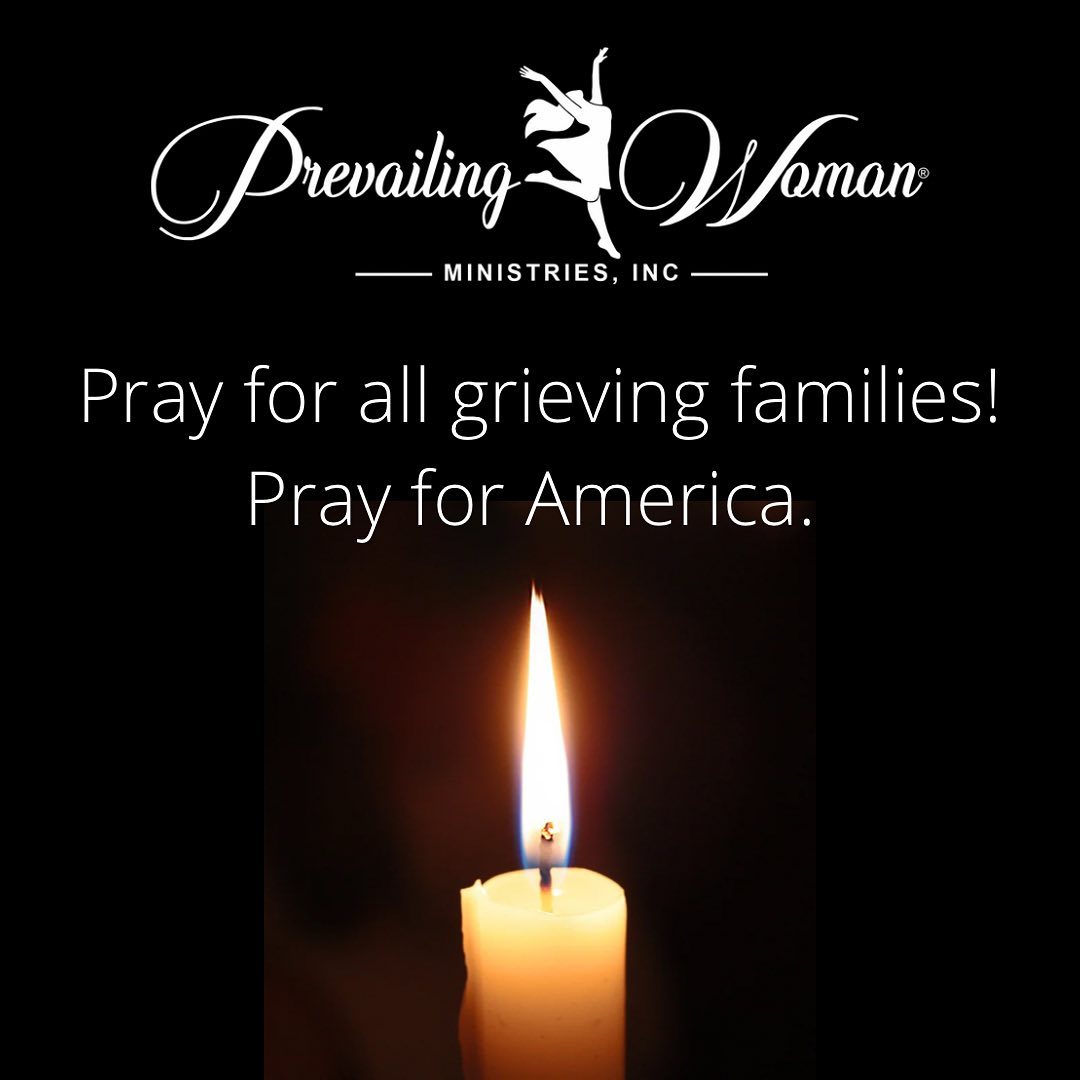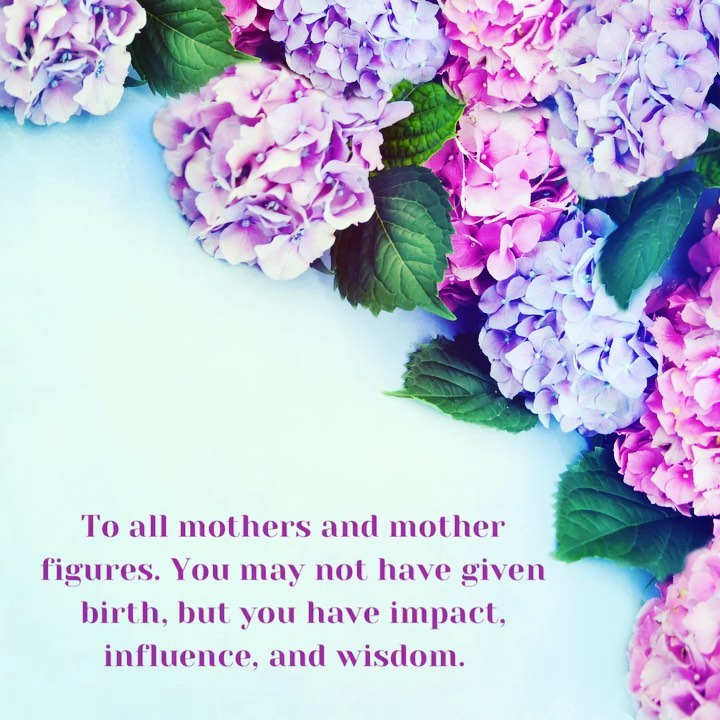
About “Settling”
Over the years I have heard numerous people, including myself, say “you don’t have to settle” for anything or anyone. Sometimes, the conversation about “settling” comes in the form of a question, “why are you settling?” The idea that someone is settling is usually prompted from recognizing that a person deserves better than what they are accepting in their lives. It happens on so many levels about so many things. Married women settle for mediocre marriages instead of pursuing a great marriage. Single women settle for less than ideal men or even men who are not even theirs for the taking. College students settle for average grades instead of the best grades. We stay in dead-end jobs because we don’t trust our potential to excel at something else. We settle on thoughts of negative images of ourselves instead of believing we are valuable and beautiful. My former hair stylist posted a relevant and powerful quote to solidify this point. Mary said, there are “two signs of not knowing your worth, you settle, and you tolerate.” I agreed with her wholeheartedly. We accept unhealthy habits instead of choosing a healthier lifestyle. We make excuses instead of executing. We “settle” in giving mediocre service to God rather than soaring in living out our divine calling. You will never know what soaring to new heights looks like if you continue to settle. This realization can be disappointing and yet serve to motivate you to act.
The word of God talks about settling a lot when you read through the Old Testament scriptures. Biblical definitions for settling include the following: “to place in a permanent condition after wandering or fluctuation”; “to fix or to establish; to make permanent in any place.” According to biblical references for the word settle or settling, it was not meant to be a negative thing. The gravitation from God’s idea of settling strayed when we adopted average, mediocre or less than, as the rule instead the exception. Settling in these examples, was meant to be a good thing and for our benefit. For instance, Genesis 34:10 says, “Live with us. The land is before you. Settle here, move about, and acquire property in it.” In Exodus 16:35, “The Israelites ate manna for 40 years until they came to a land where they could settle…” In Numbers 33:53, “You are to take possession of the land and settle in it because I have given you the land to possess.” Settling in scripture was about establishing something permanent and lasting, rather than temporary and unfulfilling. Everywhere people were called to settle, it was God ordained and was a blessing. This is not always the case in our modern-day use of the word settling.
Merriam-Webster says that settling also means, “to come to a decision.” They also use the phrase “settle for”, which means “to be content with.” These definitions seem to capture the essence of what I see so many of us doing at various stages of our lives. We have so much more to offer and a whole to receive if we do not become content. Consider these questions: What have you become content with that is less than God’s best? Are you settling for anything or anyone that does not enhance your life or increase your capacity to soar and thrive? Have you settled in a spacious place that leads to growth or destruction? Have you settled by compromising who you are for the sake of comfort or even fear?
You have a choice to make about where you are going to settle and what you are going to settle for. You matter. You deserve better. God’s best is waiting. My prayer is that you settle right in the arms of God to experience all that He has in store for you.


























